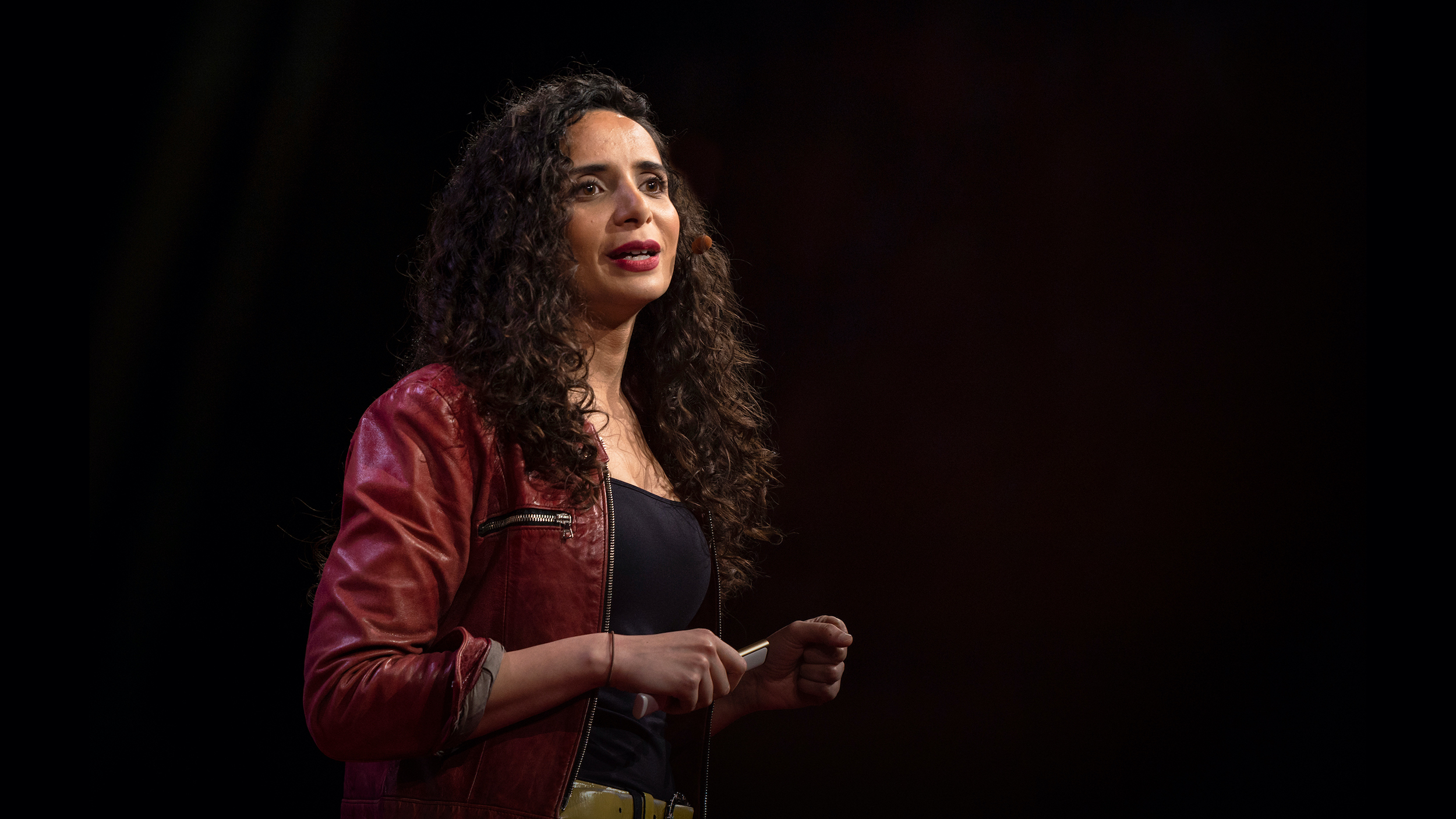After “failing spectacularly” at proving creationism in college, Ella Al-Shamahi turned the tables all the way around. Instead, she studied evolutionary biology.
Now, Al-Shamahi is both a paleoanthropologist and an archaeologist. The former means she studies human and hominid fossils; the latter means she studies ancient history through artifacts and remnants left behind.
Though Al-Shamahi earned herself a reputation as an adventuring archaeologist a la Indiana Jones, the pandemic caused changes for everyone. In that time, Al-Shamahi’s travels had to pause. But her work didn’t. Instead, she shifted to a new topic of discovery, ultimately writing the book The Handshake: A Gripping History.
Ella Al-Shamahi: the adventuring comedian-archaeologist
Most know all about Indiana Jones. Most also know that the life of an archaeologist is rarely so exciting. Except for Al-Shamahi.
Prior to the pandemic, the Yemeni-born archaeologist earned herself as name as an explorer and adventurer. She focused her work on discovering fossils in unstable, disputed, and dangerous areas like war-torn Yemen.
“Frontline exploratory science does not happen as much in politically unstable territories,” Al-Shamahi explains in her TEDTalk. As such, these areas are rich with untapped resources for the discovery of new evidence in her field.
But exploring dangerous areas isn’t Al-Shamahi’s only passion. In her spare time, she also does stand-up comedy, and has hosted several BBC shows and specials including the educational program featuring Andy Serkis: Neanderthals: Meet Your Ancestors.
The Handshake: A Gripping Tale by Ella Al-Shamahi
During the pandemic, Al-Shamahi shifted from exploring to writing. Last year, she wrote her first book, published in March 2021. In it, she discusses the history of the handshake from its likely origins to it’s sudden (but temporary) downfall today.
Right off the bat, Al-Shamahi rejects some common assumptions about the handshake. “The idea is your right hand is your sword hand,” she explained on ABC RN’s Late Night Live. “So if you’re offering it, it means that you don’t have a sword on you, and that shake up and down dislodges any weapon hidden up your sleeve.”
However, she notes a few problems with this idea. For one, the handshake has been used many times as a method of getting close enough to kill. Moreover, this behavior is too widespread to have such a culturally specific origin. Humans of all kinds shake hands in some form or another, as do chimps and bonobos.
Instead, Al-Shamahi believes this behavior is coded in our DNA, and its origins are 7 billion years ago. As such, she also doubts that its current downfall will last long. She discusses other instances of the handshake falling out of Vogue, including the 1919 Spanish Flue pandemic, and even an “anti-handshake society” formed during cholera outbreaks in Azerbaijan in the early 1800s.
“In every single one of those cases, the handshake, of course, came back,” she notes. “I think this should really give people faith.”
Check out Al-Shamahi’s book here.
Read more about Ella Al-Shamahi:
Paleoanthropologist Ella Al-Shamahi Gears Up for New BBC Series



